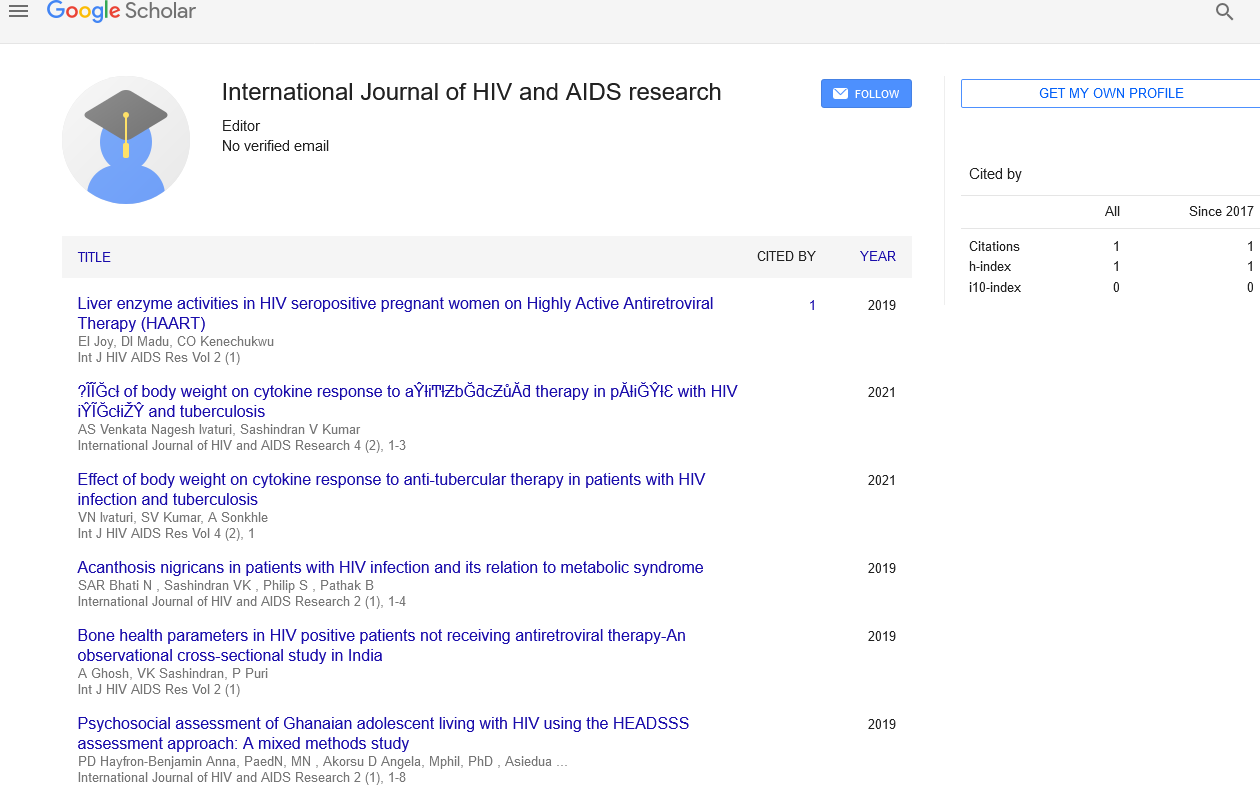Hedyotis diffusa and Panax ginseng combination: Better anticancer properties?
Received: 14-Feb-2018 Accepted Date: Feb 19, 2018; Published: 27-Feb-2018
Citation: Ho K. Hedyotis diffusa and Panax ginseng combination: Better anticancer properties? Appl Food Sci J. 2018;2(2):15.
This open-access article is distributed under the terms of the Creative Commons Attribution Non-Commercial License (CC BY-NC) (http://creativecommons.org/licenses/by-nc/4.0/), which permits reuse, distribution and reproduction of the article, provided that the original work is properly cited and the reuse is restricted to noncommercial purposes. For commercial reuse, contact reprints@pulsus.com
Abstract
Based on the article “anti-proliferative, anti-migratory and anticlonogenic effects of Hedyotis diffusa, Panax ginseng and their combination on colorectal cancer cell lines” published by our working group, we briefly commented on anticancer properties of Hydyotis diffusa and Panax ginseng combination.
Keywords
Hydyotis diffusa; Panax ginseng; Anticancer
Traditional Chinese medicine (TCM) is a type of popular alternative medicine used to treat diseases as well as improve general well beings. On the contrary to western medicine, the borderline between medicine and food is not clearly defined in TCM. Hence, a lot of medicinal herbs used to treat diseases can also be consumed as food. For patients with colorectal cancer, consumption of both Hedyotis diffusa and Panax ginseng is claimed to be beneficial.
According to TCM theory, the development of colorectal cancer is associated with the accumulation of heat-induced toxin and stagnation of vital energy in the body [1,2]. Hence, Hedyotis diffusa and Panax ginseng which are claimed to have heat clearing and vital energy restoration properties are recommended for colorectal cancer patients. Furthermore, it is believed that these two herbs could work synergistically with each other and thus portray enhanced anticancer effects [3,4]. In order to provide scientific evidences to these claims, the anti-proliferative, anti-migratory and anti-clonogenic properties of Hedyotis diffusa, Panax ginseng and their combination were tested on colorectal cancer cell lines (KM12 and HCC2998).
The results showed that the herbs combination did not show synergistic relationship for all anticancer properties over the range of doses under investigation. For anti-proliferative property, the herbs combination showed undesirable antagonistic effect when cancer cell death increases. This indicates that although both Hedyotis diffusa and Panax ginseng were cytotoxic, their cytotoxic properties would cancel out each other thus should not be used together. For anti-migratory property, the herbs combination showed synergistic relationship but this only happened when very high level of antimigratory activity was achieved. When administered in vivo, such a high anti-migratory activity is unlikely to be attainable so it could be concluded that the herbs did not show synergistic relationship on their anti-migratory property. It should also be noted that the anti-proliferative and anti-migratory properties of Hedyotis diffusa and Panax ginseng are cell line specific. Hedyotis diffusa displayed anti-proliferative property onto HCC2998 but not Km12. Whereas, Panax ginseng showed anti-migratory property onto Km12 but not HCC2998.
The most promising anticancer property of Hedyotis diffusa and Panax ginseng is their anti-clonogenic property. Even when used individually, both Hedyotis diffusa and Panax ginseng showed good anti-clonogenic properties. Additionally, when the herbs were used together, strong synergistic effect was shown. Besides, unlike their anti-proliferation and anti-migratory properties, the anti-clonogenic properties of Hedyotis diffusa and Panax ginseng were not cell line specific.
In conclusion, since colony formation is important for carcinogenesis and metastasis, it could be anticipated that the combination of Hedyotis diffusa and Panax ginseng will be useful in preventing the carcinogenesis and metastasis of colorectal cancer [5]. However, as they were not able to induce cell death and prevent the migration of cancer cells they might not be useful in treating primary tumour and local migration to lymph nodes. Further study should be carried out to verify these findings with an in vivo model.
Acknowledgements
This work was supported by International Medical University research grant (BP-I-01/13(31)2016).
REFERENCES
- Deng S, Hu B, An H. Traditional Chinese medicinal syndromes and treatment in colorectal cancer. J Cancer Ther. 2012;3:888-97.
- Dorsher P, Peng Z. Chinese medicinal herbs use in Managing cancer. Anonymous Supportive Cancer Care with Chinese Medicine, Springer. 2010:55-75.
- Li Q, Wang X, Shen A, et al. Hedyotis diffusa willd. overcomes 5-fluorouracil resistance in human colorectal cancer HCT-8/5-FU cells by downregulating the expression of P-glycoprotein and ATP-binding casette subfamily G member 2. Exp Ther Med. 2015;10:1845-50.
- Weidong L, Chunsheng L, Honggang Z, et al. Therapeutic targets of traditional Chinese medicine for colorectal cancer. J Tradit Chin Med. 2016:36:243-9.
- Gustin DM, Brenner DE. Chemoprevention of colon cancer: Current status and future prospects. Cancer Metastasis Rev. 2002;21:323-48.





